SMART Goal Setting

It’s that time of year again where we all gather our best intentions and put together new years resolutions. I’ll be the first to admit that I don’t practice this common ritual due to my terrible track record. Be it racing into the gym in January and stopping by February, to planning out all your meals for one week only to fall off by the next week, the stories can go on and on about how “we’ve all been there”. So how might you be able to pull off a successful round of resolutions this year? By setting SMART goals! I know it feels corny and unnecessary to set goals but hey, what do you have to lose if you want to stay on track?
SMART goals is an acronym that describes the breakdown of what should be included in a goal. It stands for:
Specific
Measurable
Attainable
Relevant
Time-based
- Specific refers to figuring out the what, where, who and why. Avoid being overly generalized and vague.
- Measurable refers to being able to track your journey through this goal. If you cannot track it, you don’t know how you’re progressing.
- Attainable is referring to how realistic your goal is. It’s not wrong to shoot for the stars but consider what it’s going to entail and also come up with more details about how you’re going to achieve success.
- Relevance should make you think about if timing is right, if it’s worth devoting yourself to this, and if you have the resources to get to your accomplishment.
- Time-based is setting a timeline. This is to help you create checkpoints along the way and to give yourself an end date.
As a physiotherapist, much of the success in helping someone through their recovery leans on the diligence for them to follow through with their exercises between visits. Setting goals early in the rehab program help to give direction on what to expect, how it will happen, and how long it’s going to take to get there. Not only is it an important tool for rehabilitation, but can be applied for any of your objectives for this year. I like to make short term and long term goals. Shorter term goals can make your task seem more achievable. Feeling gratification and encouragement when completing these tasks can be motivation to keep up with your long term goals.
So be it losing some holiday weight, saving up for your dream vacation or running a marathon, break it down into words with the SMART goal format to achieve a successful year!
Byron Chan, BScPT, GIMS, CAFCI

About twice a month our therapists will be posting answers to commonly asked questions. So, if you have a burning question that you want answered let us know in the comments below.
We can cover anything ranging from active rehabilitation, to injury prevention.
This week our featured therapist is Byron Chan. To learn more about Byron check out our PhysioWorks team.


Leave a Reply